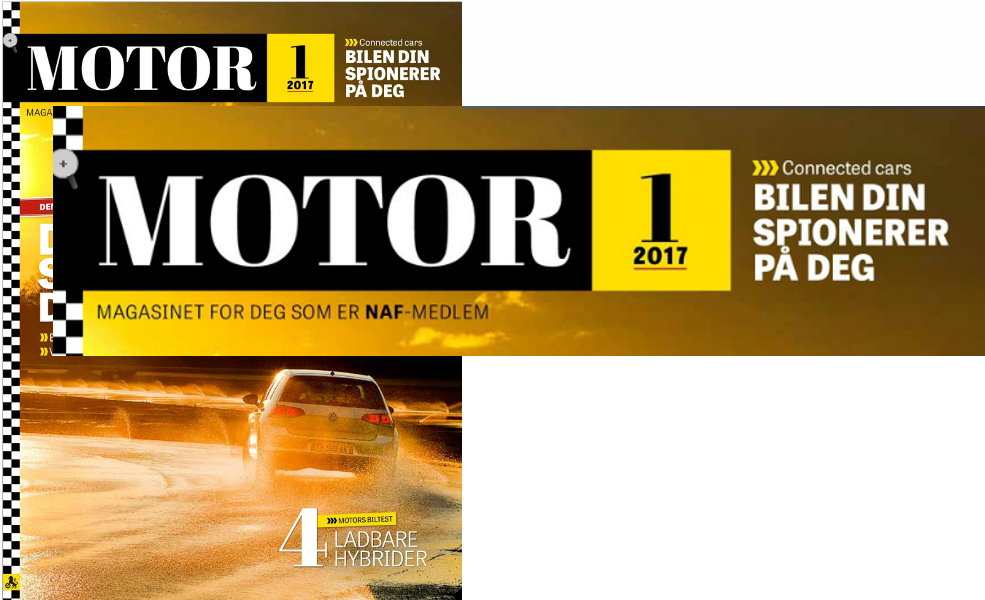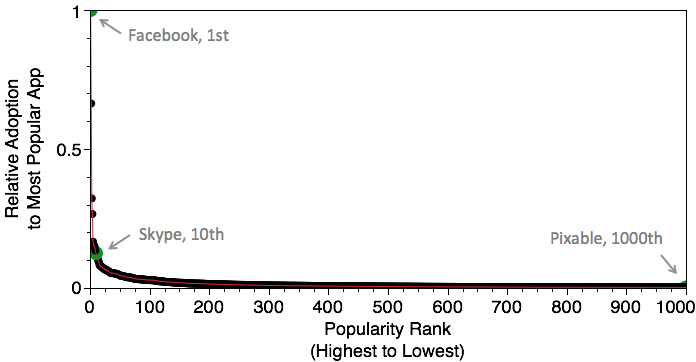Solid som fri innovasjonsplattform

Amerikansk startup-selskap med base i Boston

CEO John Bruce

CTO Tim Berners-Lee

Kjetil Kjernsmo

Ruben Verborgh
Innovation on the Web
is under threat from
business models that
focus on data harvesting.
The Solid ecosystem
brings back competition
by decoupling
data and apps.
This style of Web development
will have a profound impact
on how we build APIs and clients.
The impact of decentralization
on APIs and clients
Before the Web,
the world was highly heterogeneous.
-
Exchanging and connecting information was hard.
- different hardware
- different software
-
Innovation was hard.
- For which target machines should platforms be built?
- Developers depended on software and hardware vendors.
The Web strives to be universal, and thereby enables permissionless innovation.
-
Anyone can use the Web, regardless of
- hardware
desktop phone tablet watch …
- software
operating system browser app …
- hardware
-
Developers don’t depend on these to innovate.
- Build for the Web!
- Standards provide interoperability.
Permissionless innovation has brought unprecedented creativity to the world.

Universality has been under threat multiple times in the past 30 years.
-
browser wars
- Your technical innovations depend on one browser.
-
search engine wars
- The reach of your innovations depends on one crawler.
-
platform wars
- Your innovation depends on user data and identity controlled by a centralized platform.
The current massive centralization hurts diversity, innovation, and choice.
-
If you have resources to build 1 API integration:
- will it be facebook.com or private-identity-provider.org?
-
API and app developers depend on
centralized platforms for data and identity.
- …or they have to become such a platform themselves.
-
People lose ownership of their data
and cannot easily switch to other apps.
- Great innovation cannot attract locked-in customers.
The impact of decentralization
on APIs and clients
The Solid ecosystem enables people
to use the apps they need,
while
storing their data wherever they want.
People own their data,
and share it
with the apps and people they choose.
People choose where they store every single piece of data they produce.

They can grant apps and people access to very specific parts of their data.

Separating app and storage competition drives permissionless innovation.

![[the Solid logo]](https://rubenverborgh.github.io/Slides-APIdays-2018/images/solid-logo.svg)
Solid is an ecosystem of data and apps that work seamlessly together.
-
data pods
profile, photos, comments, likes, sensor data …
-
applications
news reader, social feed, document collaboration,
-
standards
HTTP, URL, Resource Description Framework, Linked Data Platform, Linked Data Notifications …
The crucial challenges in Solid
are solved by hypermedia.
With JSON-LD, every piece of data can link to any other piece of data.
{
"@context": "https://www.w3.org/ns/activitystreams",
"id": "#ruben-likes-apidays2018",
"type": "Like",
"actor": "https://ruben.verborgh.org/profile/#me",
"object": "https://www.apidays.co/paris#this",
"published": "2018-12-12T10:00:00Z"
}Data shapes and their semantics enable layered compatibility.
{
"@context": "https://www.w3.org/ns/activitystreams",
"id": "#ruben-likes-apidays2018",
"type": "Like",
"actor": "https://ruben.verborgh.org/profile/#me",
"object": "https://www.apidays.co/paris#this",
"published": "2018-12-12T10:00:00Z"
}Different source data can be concatenated.
{
"@context": "https://www.w3.org/ns/activitystreams",
"@graph": [{
"type": "Like",
"actor": "https://ruben.verborgh.org/profile/#me",
"object": "https://www.apidays.co/paris#this",
"published": "2018-12-12T10:00:00Z"
},{
"type": "Like",
"actor": "https://example.org/people/mehdi#me",
"object": "https://www.apidays.co/paris#this",
"published": "2018-12-12T10:05:00Z"
}]
}The impact of decentralization on APIs and clients
The current approach to building APIs does not play well with decentralization.

Most Web APIs are monoliths, constructed from the top down.

By building Web APIs from the bottom up, clients can pick granular compatibility.

A Web API ecosystem through feature-based reuse IEEE Internet Computing
Queries are the key to making decentralized apps sustainable.
-
We don’t know in advance:
- the sources we’ll need
- the API of those sources
- Web APIs can—and will—change, but our applications should not.
An app’s queries can be run anywhere: client, server, intermediaries—or all three.

Data ownership by end users unlocks permissionless innovation.
In absence of centralized parties, we need standardized API features.
Queries make apps independent of concrete API requests.
Forankring i befolkningen?

Folks oppfattninger
- 91% sier at man har mistet kontrollen.
- Folk gir data ikke som en tradeoff, men fordi de ikke har noe valg.
Problemer for næringsutvikling

For lave lovkrav
Gjeldsregisterlova
Grooming
GDPR gir rett til dataportabilitet
Men hva er det verdt?
Solid må til for at intensjonen skal oppfylles
Tjenester for befolkingen over deres data
Brukeren i sentrum
Folk er ikke på Altinn
Folk er på Facebook, Snapchat, TikTok
Offentlige tjenester bør på samme plattform som folk bruker i det daglige
Solid bør være en rettighet
Fordi...
- det øker befolkningens sikkerhet
- da har de reelle rettigheter etter GDPR
- du kan unngå sentralisering i det offentlige også
- du kan være der brukeren er
At folk har kontroll på egne data er i alles interesse!
Fordi da kan du komme inn i markedet basert på verdien du legger til
Verdien av dine data
- Du er verdt noen titalls dollar
- Men noen av dine data er uerstattelige
- Hva om du kunne selge dine data?
Noen muligheter
- Data fra strømmåler
- Data om kjøpsmønstere
- Data til produktoptimalisering
Mobility as a Service
Komme seg fra A til B raskest, minst mulig utslipp og ulempe for andre, uavhengig av eierskap til transportmidler.
Hvorfor?
- Størrelsen på bilparken må reduseres
- Byutvikling må være demokratisk forankret
- Det er en sosial utfordring
- Stor teknologisk utfordring
- Involverer mange selskaper
- Vi har folk som jobber på sånt
Iterasjon 1
Du skal på jobb til vanlig tid
Booooring
Iterasjon 2
Du skal på jobb men har forsovet deg
Det betyr at du nå er innenfor den vanlige ruta til noen andre i nabolaget, og kan sitte på med dem
Iterasjon 3
Du skal på et møte et annet sted, men bør gå litt i dag...
Planleggeren din tar med kalenderen din, og at skrittelleren din synes du går for lite
Iterasjon 4
Du skal et sted, ikke spør...
Når kjøleskapsdøra lukkes etter at kaffemaskinen har gjort sitt, betyr det at en selvkjørende minibuss bør komme på plass, for å ta deg til det stedet du skal, som angitt i kalenderen.
Du som bruker blir ikke spurt, men et system optimaliserer en reiserute for flere mennesker med sammenfallende behov, som består av selvkjørende minibuss, gange, massetransport, osv.
Kanskje ikke tenke på apper?
Hva med πράξη?